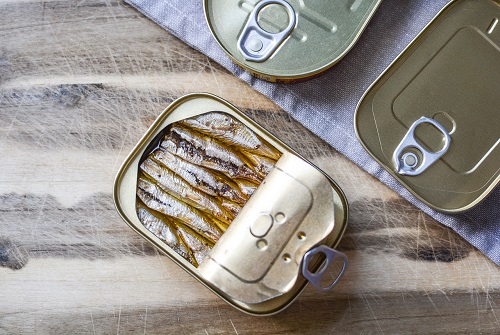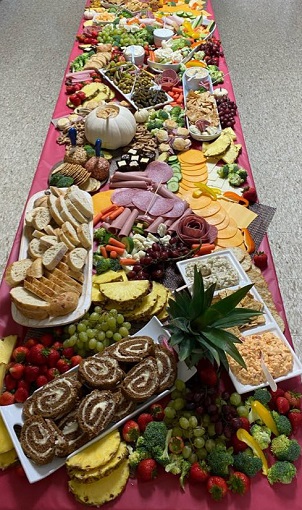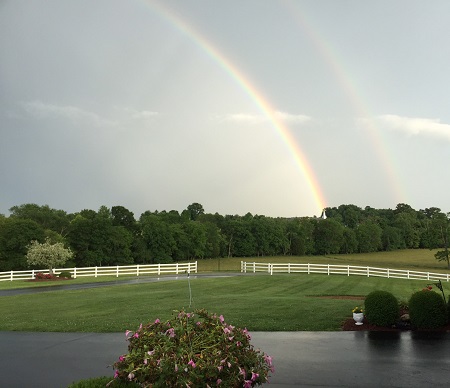If You Lie Down with Dogs, You Will Get Up with Fleas
 If you lie down with dogs, you will get up with fleas was a greater certainty before flea collars and other medications for dogs became common.
If you lie down with dogs, you will get up with fleas was a greater certainty before flea collars and other medications for dogs became common.
However, dogs still get fleas. When dogs get them, people who come in contact with the dogs also get fleas. Not a pleasant thought but a realistic one.
If you lie down with dogs, you will get up with fleas applies to more than dogs and fleas.
This proverb means you tend to become like the people around you.
- Choose dishonest friends, and threaten your honesty.
- Hang out with criminals, and chance arrest for crimes.
- Spend time with drug users, and risk drug use yourself.
- If you play with fire you get burned.
Like disease, behavior can be contagious.
Therefore, you do well to choose friends wisely, those who are on the up and up. Definitely treat everyone well. Show respect to all, regardless of their background. At the same time, choose close friends who will influence you for good, not evil.
Do not be misled: “Bad company corrupts good character.” (1 Corinthians 15:33)
Thanks to Emily Akin for the suggestion and to Tammy Cheatham Page for the photo.
Do you have an expression you want explained or a thought about this one? If so, please comment below.
Subscribe to receive my weekly posts by email and receive a free copy of “Words of Hope for Days that Hurt.”
If you enjoyed this post, please share it with your friends.








